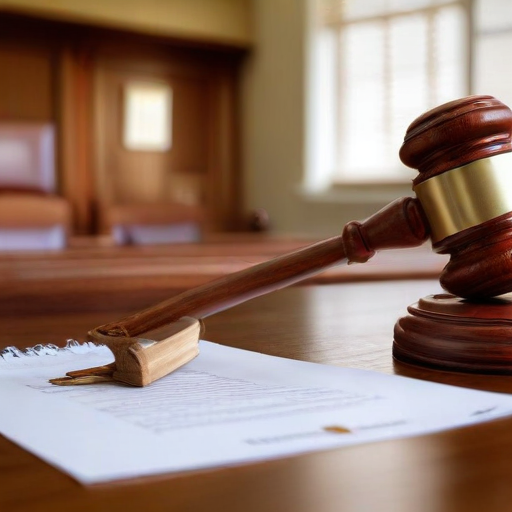A civil court jury in Ireland awarded a woman nearly $257,000 after she alleged that mixed martial arts fighter Conor McGregor “brutally raped and battered” her in a Dublin hotel penthouse on December 9, 2018. The woman claimed that following a night of partying, the incident left her with significant injuries and post-traumatic stress disorder.
Conor McGregor, who denied the allegations and testified that their encounter was consensual, expressed disappointment at the jury’s verdict, indicating his intent to appeal. In a statement shared online, he emphasized that the jury was not privy to all the evidence considered by the Director of Public Prosecutions and described the judge’s instructions as leading to a “modest award for assault.”
During the proceedings, the woman’s attorney characterized McGregor as a “devious coward,” asserting that he reacted violently due to anger over a previous fight. The woman recounted feelings of fear for her life during the encounter, saying she apologized to McGregor during the incident, hoping to prevent further harm.
McGregor’s defense argued that the woman’s behavior after the alleged assault, captured on surveillance videos, appeared to contradict her claims of victimization. They pointed out that investigators found no evidence supporting her assertion that McGregor had threatened her life.
In the past, McGregor has faced several allegations of sexual misconduct in the United States, including a recent case in Miami where prosecutors opted not to file charges.
This ruling underscores the complexities involved in legal cases related to sexual assault, where public opinion and media scrutiny can complicate the pursuit of justice. It also highlights the need for ongoing discussions around accountability and support for survivors of such acts.
In summary, while the jury has reached a decision in this high-stakes civil case, it leaves a trail of lingering questions about the balance between justice and public perception in cases involving high-profile figures. As the situation develops, it serves as a reminder of the importance of giving a voice to those who have experienced trauma, while also observing due process for the accused.
